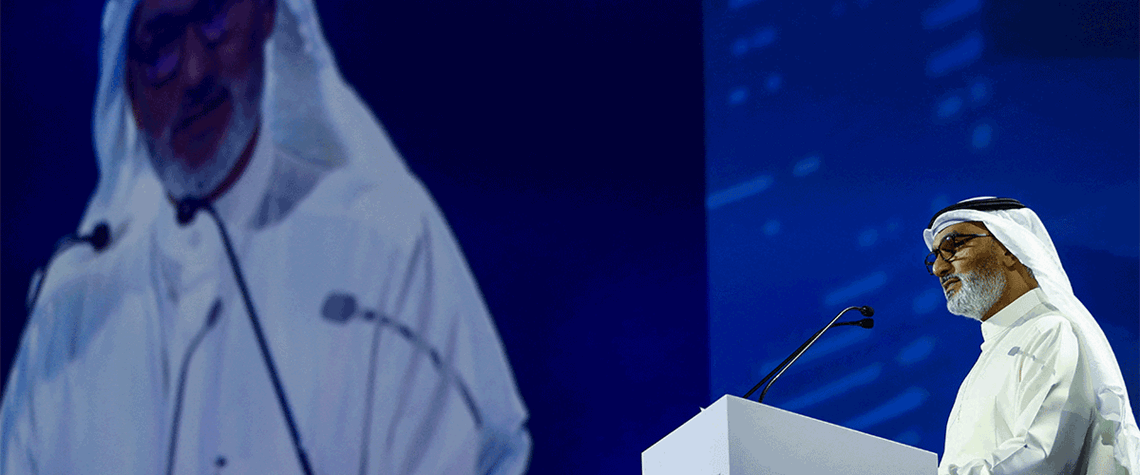Outlook 2024: The evolving role of OPEC and OPEC+
The organisation remains vital to ensuring future energy demand is met
Founded in September 1960 at what has become known as the Baghdad Conference, OPEC began life as five oil-producing member countries: Iran, Iraq, Kuwait, Saudi Arabia and Venezuela. Previously, powerful outside interests in the shape of the leading international oil companies of the day dominated almost all aspects of the development, production and sale of crude oil, while the countries from whose lands the crude oil was extracted received only minimal returns, hindering their national development. Over the ensuing decades, however, OPEC’s member countries—today numbering 13—have evolved to run their own domestic oil sectors, and the organisation has become a respected member of the interna

Also in this section
17 February 2026
Eni’s chief operating officer for global natural resources, Guido Brusco, takes stock of the company’s key achievements over the past year, and what differentiates its strategy from those of its peers in the LNG sector and beyond
16 February 2026
As the third wave of global LNG arrives, Wood Mackenzie’s director for Europe gas and LNG, Tom Marzec-Manser, discusses with Petroleum Economist the outlook for Europe’s gas market in 2026
13 February 2026
Artificial intelligence is pushing electricity demand beyond the limits of existing grids, increasing the role of gas and LNG in energy system planning as a fast, flexible solution
13 February 2026
Panellists at LNG2026 say demand growth will hinge less on the level of global supply and more on the pace of downstream buildout, policy clarity and bankable market frameworks







